We provide a skillful approach to consulting services with our commitment to creating an environment our clients value. Our unique approach emphasizes organizational and individual strengths, shared principles, and alliances. We put our client needs first in building sustainable relationships, 360-degree communication, turnover reduction, and improved performance.
We are passionate about cultural awareness and work closely to build an engaging self-sustaining model driven by intentional mindfulness.
We thrive on helping you and your leaders achieve identifiable and practical alignment.
We strive to aid in building strong organizations representative of the people and communities we serve.
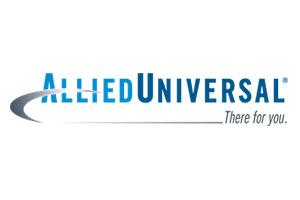


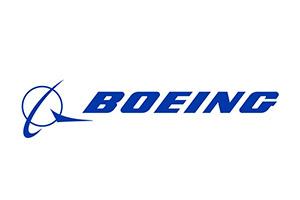
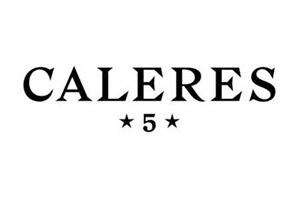


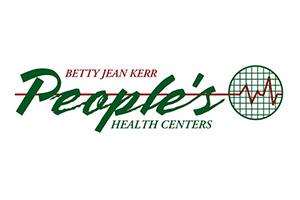
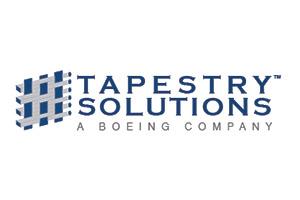
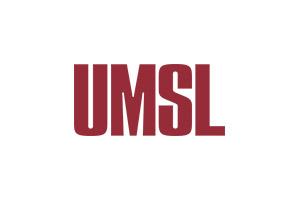
We have reached a cultural tipping point in the workplace, driven by public attitude shifts on employment policies, blurred lines between work and home life, and generational differences in the expectations of work itself. It is no longer “enough” for employers to satisfy customers or appease shareholders; they must also become and remain good corporate citizens. Nowhere is it more important for employers to be good citizens than in the workplace itself, and there is no greater lever than the relationship between “People Managers” and their employees.
Johnny C. Taylor, Jr.
President and CEO, SHRM